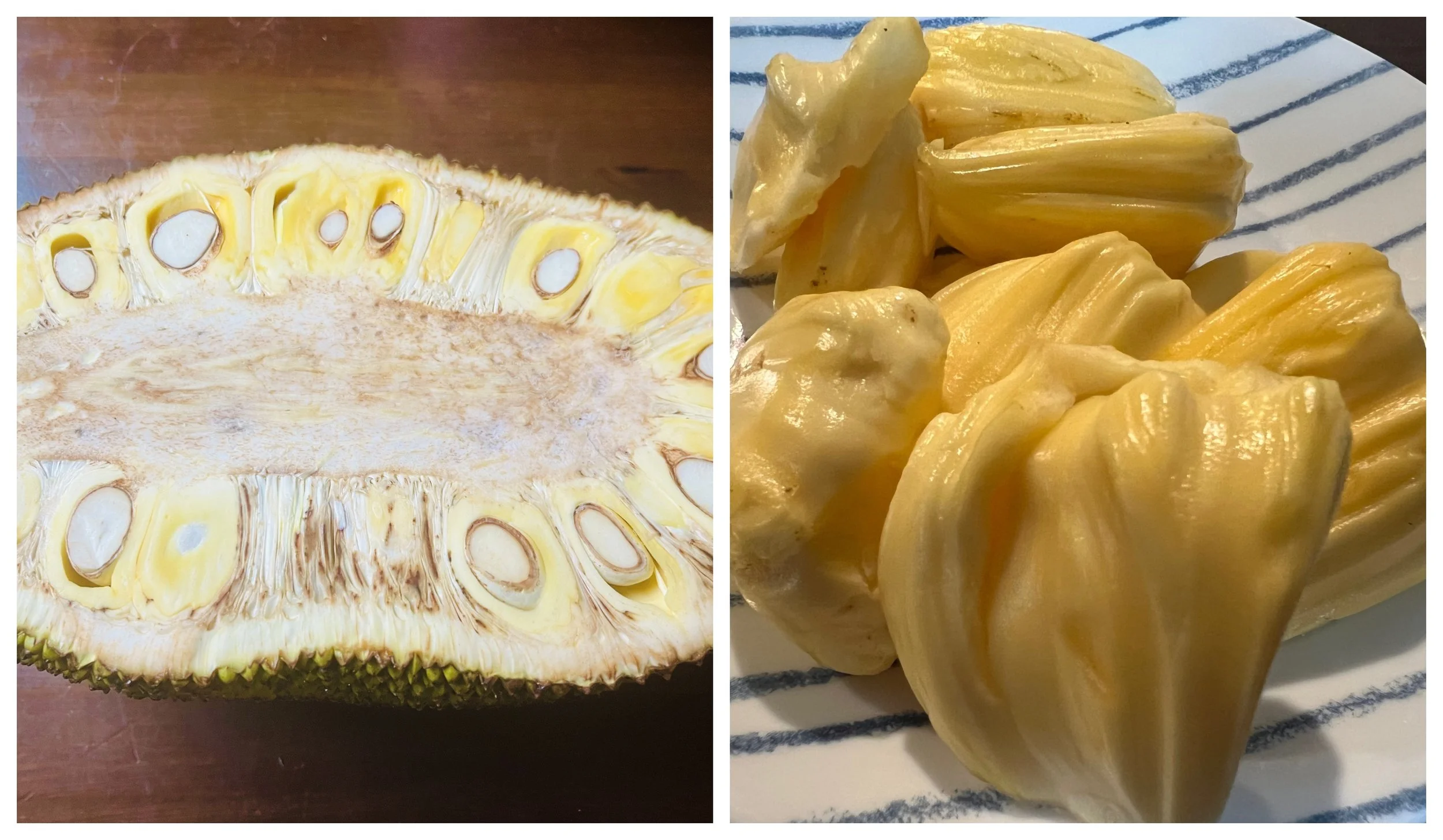Ingredient Spotlight: Onion - Allium cepa L.

Onion belongs to the genus Allium in the Alliaceae family and is a staple vegetable consumed all over the world. Along with its wonderful culinary properties, it is surprisingly rich in key constituents that contribute to excellent health. We will explore as follows the salient properties of onions.
Types: There are several varieties of Onions from the yellow, white, and red versions that can be found worldwide. These different types differ in their antioxidant and sugar content, and physical features. Onions all share the ability of having a long shelf life, therefore contributing to their export and import everywhere.
Constituents: Onions are rich in phytochemicals like flavonoids, ACSO’s (Sulphur containing compounds), and sugars. They also contain vitamins and minerals. Their health properties are attributed to the good number of flavonoids in them. The outer peels of the onion have a higher antioxidant content than the inner peels, thereby giving us insight that we should try to use the tender portions of the outer peels to maximize the nutritional value of this culinary ingredient. Antioxidants offer protection against free radicals that help fuel chronic diseases.
Anti-inflammatory and immunomodulatory effects: Red onions contain flavonoids that have antioxidant properties, immunomodulatory, and anti-cancer benefits. Lab studies in rats did show some protective effects against prostatic neoplastic changes when treated with the onion extracts.
Anti-cancer effects: Studies in Europe show an inverse relationship between cancer incidence and the intake of allium vegetable groups, this may point to a protective effect when including these vegetable groups in our diet.
Other protective effects: The sulfur containing compounds that are common in onions and garlic possess protective anti-diabetic, cholesterol lowering, and clot preventing effects.
Food preparation: Inclusion of onions and garlic while preparing pan fried meats may help decrease the formation of harmful byproducts that are carcinogenic during the cooking process. Lipid oxidation that occurs during food preparation (especially with meats) can be decreased by also including foods that are rich in antioxidants, like onions.
Onions are rich in flavonoids, anthocyanins, and various constituents that help protect us from chronic diseases. Having said that, I wish you pay particular attention to your diet and health, stay well connected with your doctor, and live long and strong!














